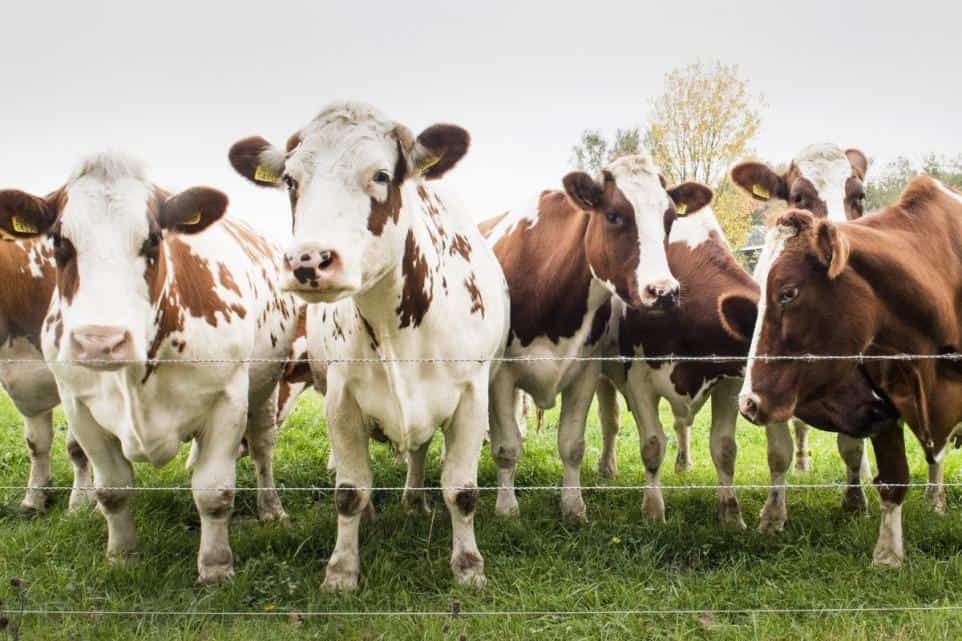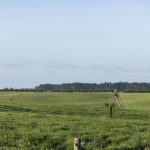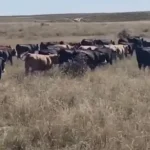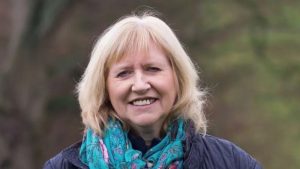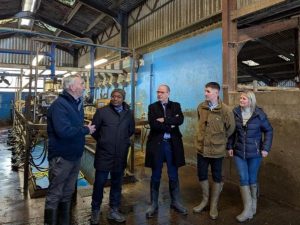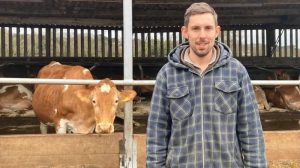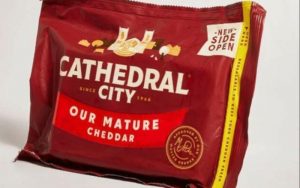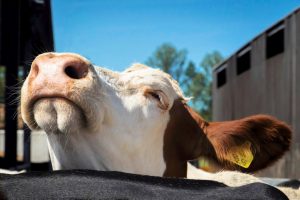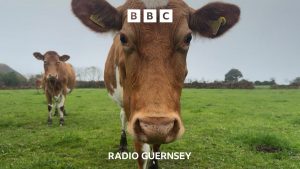
THREE Pembrokeshire farmers took a “cavalier approach” to complying with regulations to help prevent the spread of bovine tuberculosis, a court heard.
The farmers were accused of eight offences of applying ear tags not relating to the correct cows – including switching the ear tags of infected and healthy cows – as well as four offences of furnishing false information about the cows.
The court heard that different cows with different freeze brands were recorded as having the same ear tag number, and there was another case where a cow’s freeze brand had been altered.
Animals are tested for tuberculosis annually and any which test positive are removed from the herd for slaughter. Compensation is paid to the farmer based on a valuation of the infected animal.
However, the prosecution didn’t offer any evidence on these charges, instead accepting that the incorrect tagging was “deliberate but not dishonest”.
“We say it arose from poor record keeping – slipshod management – not for financial gain,” said Stuart Jessop, in mitigation.
The court heard an expert report had concluded there was little to no risk to public health from the offending.
The majority of the farmers’ income came from milk. Any milk produced by cows with TB would’ve still had to be pasteurised – meaning it posed a “non-existent or low” risk – and any cows slaughtered for meat would’ve been tested again before entering the food chain.
“Tuberculosis-affected cattle remained in the herd,” Judge Vosper said. He described this as “a general failure in terms of controlling tuberculosis in cattle”.
“You accept that you acted recklessly with your compliance under the regulations,” Judge Vosper continued.
“You seemingly didn’t care about the accuracy of the information you were providing.
“You took a cavalier approach to the regulations designed to restrict the spread of tuberculosis among cattle.
“The explanation is that it became chaotic. There was no real control about what was happening or what should be happening.
“How the prosecution put the case, it being deliberate but not dishonest. It’s the lack of dishonesty that’s key.”
In mitigation, Mr Jessop said: “This is not a case where there was any dishonesty, certainly none that the prosecution can prove.
“There was a low to no risk to public health.
“The offences are now four to eight years old. Some of the earlier ones stretch back to 2016, the most recent cases are themselves almost four years old.”
Addressing the point about dishonesty, Judge Vosper noted it was “difficult to reconcile that with the deliberate changing of the freeze brand.”
Mr Jessop said there had been no further offending by the defendants, and they had since employed genome testing at the farm to make sure inadvertent mislabelling of cattle didn’t take place, as well as testing the cows’ DNA to ensure they matched their correct animal passport.
“The herd has grown,” Mr Jessop continued. “I think it had grown too fast. They couldn’t keep tabs on it record-wise.
“They are farmers – I don’t think the record keeping side of it was dealt with in the same way as the farming side of it.”
The court heard that 76-year-old Charles, of Narberth; his 64-year-old brother Henry, of Ciffig in Whitland; and Charles’ 47-year-old son Edward, of Llanddewi Velfrey, all were of previous good character.
It was determined that the Hartts had benefitted to the sum of £217,906.25 from their offending, and a collection order was made in the sum of that amount under the Proceeds of Crime Act.
They must also pay £94,569.64 in costs between them.
Each of the defendants was fined £24,000 in total – £2,000 for each offence.
